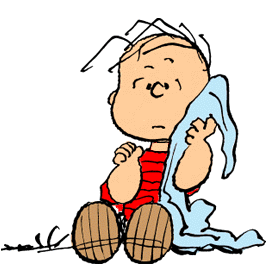Been a while since I finished, but reading and thinking about reading has taken a back seat to gearing up for work, taking care of new kittens, and writing devastating socio-love poetry. Now I digress to write a quick word on this fantastic coming of age novel.
"The Amazing Adventures" should be what "A Tree Grows in Brooklyn" has become in annals of American Literature: a novel that peaks in the most human ways to the monstrous desire in all of us to spawn something great in this world. Where Francie had to overcome incredibly poverty and a sad family life in the poorest neighborhoods of Depression-era Brooklyn, we have Josef Kavalier escaping (in the most honest of definitions) from the Holocaust and Sam from sexual repression. Where Francie leaves us with a sense of undeniable hope, however, Chabon strikes the aching truth of a halfway ambiguous close (though Josef, whom it could be argued is Character 1A to Sams 1B, comes out OK nearly on the level of Francie). In the end, however, "The Amazing Adventures" strikes many of the same coming of age nerves that "A Tree Grows in Brooklyn" does, with struggles, set-backs, and indeed, amazing adventures.
The Pulitzer Prize winning novel is so sprawling, and so magical in each part, from the young men becoming comic book pioneers, to Joe's torn love affair and need to exact revenge on Hitler, to his eventual return to the city to see the child and lover he left (whom, in an interesting twist, Sam is taking care of in his absence), it's hard to describe the episodes. With every turn, though, Chabon aims for the fantastic image, the plain face of anguish and the awe of dangerous adventures (emotionally and actually/physically). It's prime for a film if the writer(s) can adapt this huge 600-plus page and-worth-every-word book into the lavish and enticing scenes Chabon conveys with his words. With its emotionally taut scenes, brilliant internal and external conflicts (Sam v. His Homosexuality; Josef v. Third Reich; Josef's love for Rosa Saks v. His Need for Revenge; Sam v. Comic Industry; on and on), it's got the perfect story arch for many academy awards noms.
N that's what I think. Now maybe I should get to reading "Maggie Cassidy".

No comments:
Post a Comment